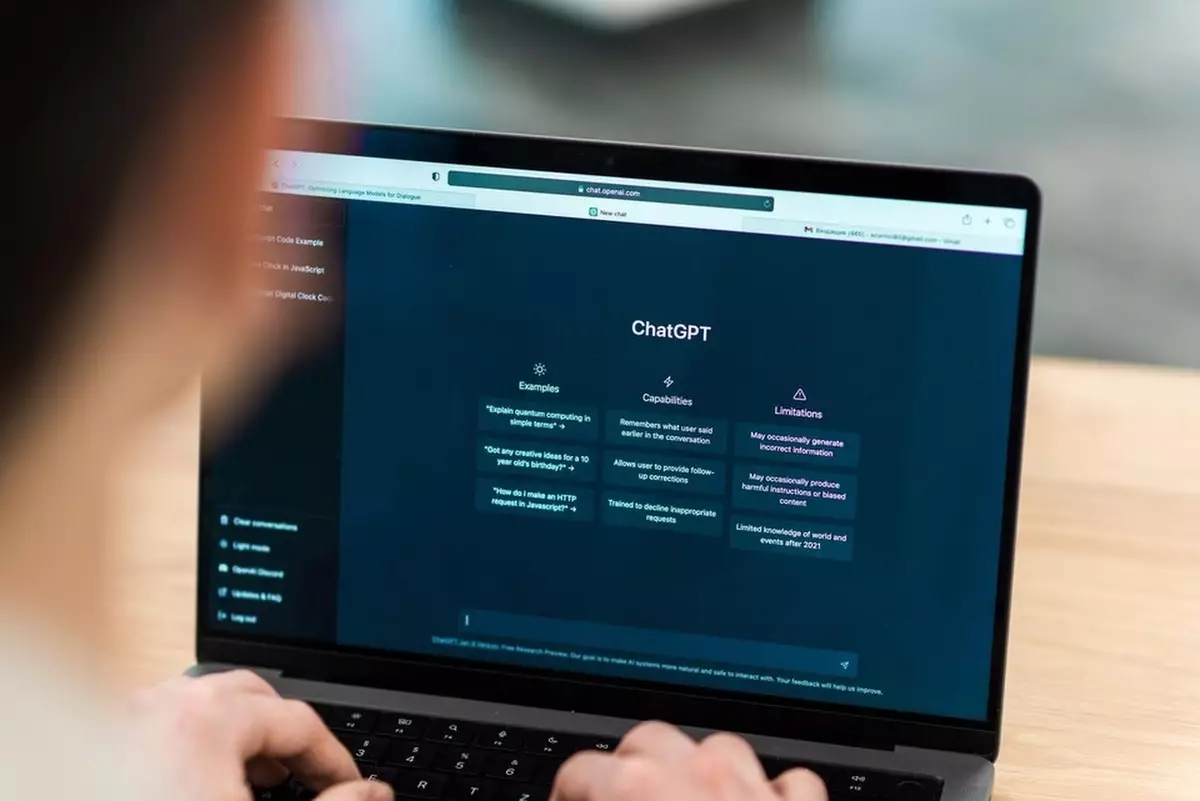OpenAI Reveals How Cybercriminals Are Asking ChatGPT to Write Malware
-
![Avatar]() By ryker
By ryker
- October 04, 2024
- 3 min read
- 0 Comments

AI is growing stronger and can be used for many good and bad things. For good it helps people come up with new ideas. In its most recent study OpenAI found some troubling trends. Cybercriminals use ChatGPT to help them do bad things like writing malware. The study talks about how badly people use AI to attack computers.
Writing dangerous code and creating malware are part of these attacks aimed at businesses and states. This finding has made people worry about taking more excellent safety steps. Cybercriminals can now carry out attacks that were thought to be very complicated in the past. The results from OpenAI make it clear that misusing AI comes with severe risks.
AI In Cybercrime: A Growing Concern
The way hackers do their work has changed because of AI. In the past hacking required a lot of technical know how. Tools with AI like ChatGPT have made it more accessible. People with less experience can now make brilliant software. CybercriminalscriminusesAId weak spots and better plan strikes.
This makes people in all fields worry about how easy it is to commit cybercrimes. AI made malware may be more complex to find. The problem is made worse by its use in social engineering attacks. Governments, companies and groups need to take extra safety measures. When cybercriminals use AI they pose a more significant threat leaving digital systems more open to attack. The study from OpenAI shows how quickly this threat is growing.
Notable Cybercrime Incidents Involving ChatGPT
Case 1: Chinese Cyber-Espionage Group (TA547)
TA547 also known as Scully Spider used ChatGPT to create a PowerShell driver for its malware chain which AI made. This was found in April 2024. This attack was the first AI used to help with a hacking operation.
Case 2: SweetSpecter Targeting Asian Governments
SweetSpecter used ChatGPT to spy on Asian countries and OpenAI and find weaknesses. They spread the SugarGh0st Remote Access Trojan through spear phishing emails that looked like help requests but had harmful ZIP files attached.
Case 3: Iranian Group 'CyberAv3ngers'
CyberAv3ngers used ChatGPT to find the default login information for industrial routers and Programmable Logic Controllers. This attack targeted important assets such as the energy and industry sectors to mess up essential systems.
Openai Response To The Threat
OpenAI has taken decisive steps to prevent people from abusing its technology. In 2024 alone they stopped over 20 destructive activities and shut down accounts connected to these crimes. They also collaborate with defense companies and share essential data with them.
This includes IP addresses and attack methods that are Indicators of Compromise IOCs. OpenAI is changing its tracking tools so they can find shady behavior more easily. These steps aim to stop more people from abusing ChatGPT to create malware or try to hack it. OpenAI wants to ensure its technology is always safe and suitable for use.
Impact On Industries And Governments
Cyberattacks using AI have targeted many areas such as states and businesses. These attacks can cause extensive damage to infrastructure. Industries that depend on private technology are especially at risk. Cybercriminals can use AI to exploit healthcare energy and industrial flaws. AI can also significantly affect countries.
Systems that keep the country safe could now be attacked. To protect against threats powered by AI governments are now putting more money into defense. Thanks to AI, criminals can make more complicated software faster than ever. Because of this many areas are now more vulnerable and cyber defense tactics need to change quickly to keep up with this new threat.
Strengthening AI Safeguards
OpenAI is working on making its AI systems safer. Monitoring tools are being improved to detect lousy behavior earlier. Working with computer pros can help you find possible threats. OpenAI also spends money on tools to ensure its technology is used smartly.
Safeguards must be in place to stop abuse in social engineering malware and hacking. More aggressive steps are being taken to ensure that laws and morals are followed. The goal is to keep people safe from hacks driven by AI. OpenAI wants to lower the chance that AI will be used for illegal activities by improving safety measures.
Conclusion
AI has a lot of good promise but it also brings new risks. Cybercriminals are now attacking computers worldwide with AI tools like ChatGPT. OpenAI is aware of this rising threat and is working to reduce it. It is trying to stop more people from abusing its technology by improving safety measures and working with hacking experts.
As the danger of hacking caused by AI grows, governments and businesses must stay alert. The future of safety will rest on how well AI engineers and security experts work together. Responsible research and development must go into AI to ensure its proper utilization.
-
0
-
0
-
0
-
0
-
0
-
0
-
0
-
0

